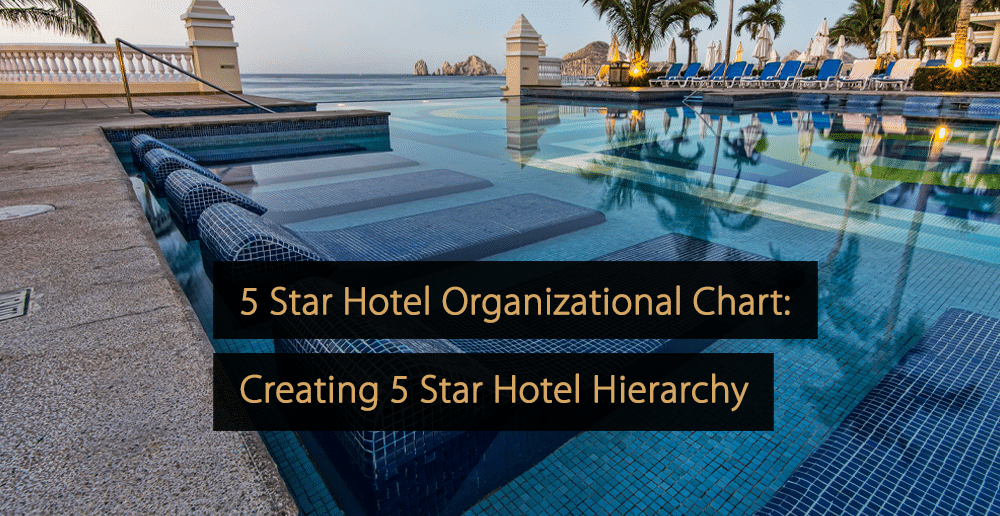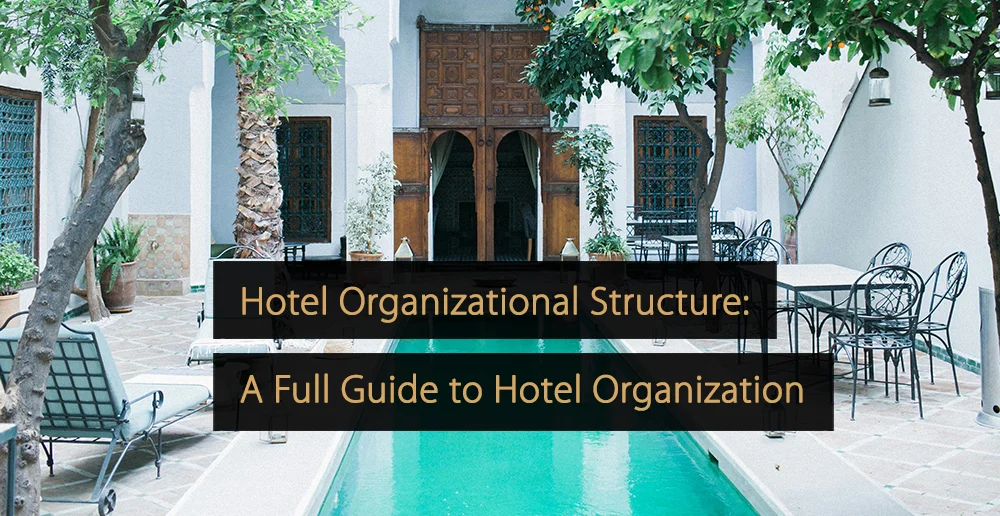Night Auditor duties and responsibilities in hotels involve helping guests during the night hours and balancing the day’s accounts. Guests arriving at night may be checked in by the night auditor, who will also take reservations and see any requests that might arise. The night auditor’s duties involve processing the hotel’s invoices, reconciling accounts, and processing staff pays cheques.
Table of Contents:
- What Is the Hotel Industry?
- What Is a Night Auditor?
- Night Auditor Duties and Responsibilities in Hotels
- What is the Night Audit Process?
- What Are the Requirements to Become a Night Auditor?
- Property Management System as a Night Auditor’s Tool
- Where to Look for Night Auditor Jobs?
What Is the Hotel Industry?
The night auditor is just one of many hotel operations in the industry, which is one of the chief elements of the service industry. Unlike other forms of hospitality, the hotel industry is concerned with customers who need accommodation overnight. The hotel industry is extensive, covering everything from basic motels and hostels to extravagant luxury resorts. Although some establishments offer longer-term stays, hotels usually provide short-term accommodation, charging by night.
There are many similarities between hotels and other businesses in the hospitality industry, such as bars, restaurants, and entertainment venues. Indeed, most hotels also offer bar and restaurant facilities. The principle difference is in providing sleeping accommodation for overnight stays (or longer). The hotel industry is one of the biggest economic forces in the world. As well as serving the needs of travelers, the hotel industry employs in various careers, from hotel management roles to housekeeping. To learn more, read “Hotel Industry: Everything You Need to Know About Hotels!”
What Is a Night Auditor?
A night auditor takes care of the front desk, and the accounting department usually handles many of the operations. Fiscal days generally finish around midnight, well outside most hotel staff’s working hours. It’s not uncommon for the night auditor to work alone in smaller establishments. In a small hotel, the auditor might be at their desk all night or operate on an “on-call” basis once the day’s reports are completed.
In this case, the auditor might retire to a separate area while still being available to tend to any unexpected issues that might arise during the night, such as customer requests. In larger hotels and resorts, a night auditor will work alongside other staff members: a night manager, night-time housekeeping staff, telephone attendants, and security staff, for instance. It’s common for larger establishments to employ two or more night auditors to ensure the smooth functioning of the hotel during the night.
Video: Night Auditor
Night Auditor Duties and Responsibilities in Hotels
A night auditor performs several different functions, both front-of-house and back-office.
Accounting Responsibilities
A night auditor’s chief duties concern the guest ledger. This comprises all of the accounts for guests currently registered at the hotel. The night auditor is tasked with ensuring that all the information is accurate and that all departing guests have checked out when they were supposed to.
The night auditor will collect any paperwork required for a complete audit and check computerized records. If any safety issues are reported during the night auditor’s shift, they will investigate them and ensure they’re resolved. A night auditor will write up incident reports where necessary.
Front Desk Responsibilities
A night auditor’s main responsibilities concern the hotel’s accounts. They may also attend to the front desk when not occupied with their accounting duties. This ensures that essential front desk operations can continue while the day staff are not on duty.
The night auditor will check in guests and handle payments, and may also take care of things like escorting the guests to their rooms and showing them how their keys operate, or introducing them to the staff who handle these tasks. Night auditors may also take care of requests and complaints from guests, assign rooms, and handle emergencies that arise during the night.
What is the Night Audit Process?
Night auditors safeguard the accuracy and reliability of a hotel’s front office accounting and ensure that all hotel departments operate according to each other. The night audit process arose before the advent of computerized hotel systems and hotel PSA technology; regular audits were even more necessary than they are now, and conducting the audit at night made for fewer interruptions. Nowadays, the process is greatly facilitated by modern finance software, automated front desk systems, and other hotel technology.
The central process of a night audit is to review the account transactions recorded during the day by the front desk, and check them against revenue transactions. The audit will also include non-guest transactions. The night audit involves balancing the hotel’s accounts, maintaining an accurate record of all account statements, checking account credit, and providing reports to hotel management. An effective night audit process helps ensure error-free account settlements.
What Are the Requirements to Become a Night Auditor?
The night auditor role typically doesn’t require any specific educational qualifications. The majority of training will be on the job. A hospitality industry background, bookkeeping, or accounting can be a significant advantage. A night auditor also needs to have particular skills and personality traits: they will need to be detail-oriented, highly observant, and have high social intuition.
Excellent organizational skills are a must. Night Auditor Duties and Responsibilities in hotel include contact with the public, so the person in this role must have good communication and customer service skills. Previous experience in retail or hospitality is beneficial here. It’s a night auditor’s job to catch any errors made by the day staff in the hotel’s accounts and reports; it’s important to be observant and able to pick up mistakes quickly. A night auditor in a modern hotel will also need good computer skills.
Property Management System as a Night Auditor’s Tool
One of the most important hotel trends in recent years has been the widespread adoption of property management systems (PMS). If you’re trying to succeed in the hotel and hospitality sectors, you need a strong revenue management strategy backed up with the right systems.
Choosing the PMS right for your business can be tricky, with many options available. In “5 Essential Tips to Choose the Right Property Management System”, you’ll learn about the key features of property management technology and how it can help grow your business. These five tips will help you pick the system that’s the best fit for your needs.
Where to Look for Night Auditor Jobs?
Whether you’re a hotel manager looking to recruit a new night auditor or seeking a night auditor role, online job platforms may be your first port of call. One of the most widely used job platforms in the hospitality industry is Hosco, a service that covers every hospitality role imaginable.
From accountants seeking new opportunities in hotel finance departments to managers looking for restaurant staff, Hosco has you covered. In “Hosco: Discover How to Find Hospitality Jobs or Staff for Your Business”, you’ll learn how to get the most out of the platform.
Night Auditor duties and responsibilities in Hotels are crucial for a hotel’s smooth running. Taking advantage of the night hours allows auditors to balance a hotel’s books more efficiently while providing important front-desk support in the absence of day staff.
More Tips to Grow Your Business
Revfine.com is the leading knowledge platform for the hospitality and travel industry. Professionals use our insights, strategies, and actionable tips to get inspired, optimize revenue, innovate processes, and improve customer experience.Explore expert advice on management, marketing, revenue management, operations, software, and technology in our dedicated Hotel, Hospitality, and Travel & Tourism categories.
This article is written by:
Hi, I am Martijn Barten, founder of Revfine.com. With 20 years of experience in the hospitality industry, I specialize in optimizing revenue by combining revenue management with marketing strategies. I have successfully developed, implemented, and managed revenue management and marketing strategies for individual properties and multi-property portfolios.









Leave A Comment